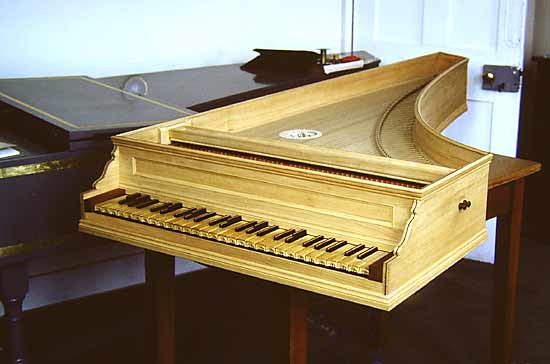Yeah, but no. Ross Duffin wrote an article-length diatribe of his book that I've been looking for for like three years but can never find. One of these days I'll have to read it. The closest I can come is this review. There's apparently a lot of dispute about it. And while it's not much, damn if I can't hear a difference.
I totally agree that there's a difference between C# and Db, etc. As an orchestral musician and as a string player, that's my life blood. It's also why I love listening to string quartets, because they tend to tune this way (including "pure" fifths). Unfortunately, when you come to a keyed, multi stringed instrument like a piano, or a harpsichord, or even a harp, the problem comes in either having to change the pitch of the string, or having so many strings that it becomes unwieldy. The other problem is that the notes all change again if you're in another key. Bb for example is different in A, or B, or C, or D, etc. Always very slightly, but because of its scale function and its function in its family of chords (Bb Major, G minor, Gb Major, Eb Major/minor, C Dom7th, and so on and so forth) it has to change to "fit" inside of its chord. So even having a Bb/A# split key isn't perfect (though it is closer!)
We're human. We like things that are similar to what we've heard before. It's comfortable.
